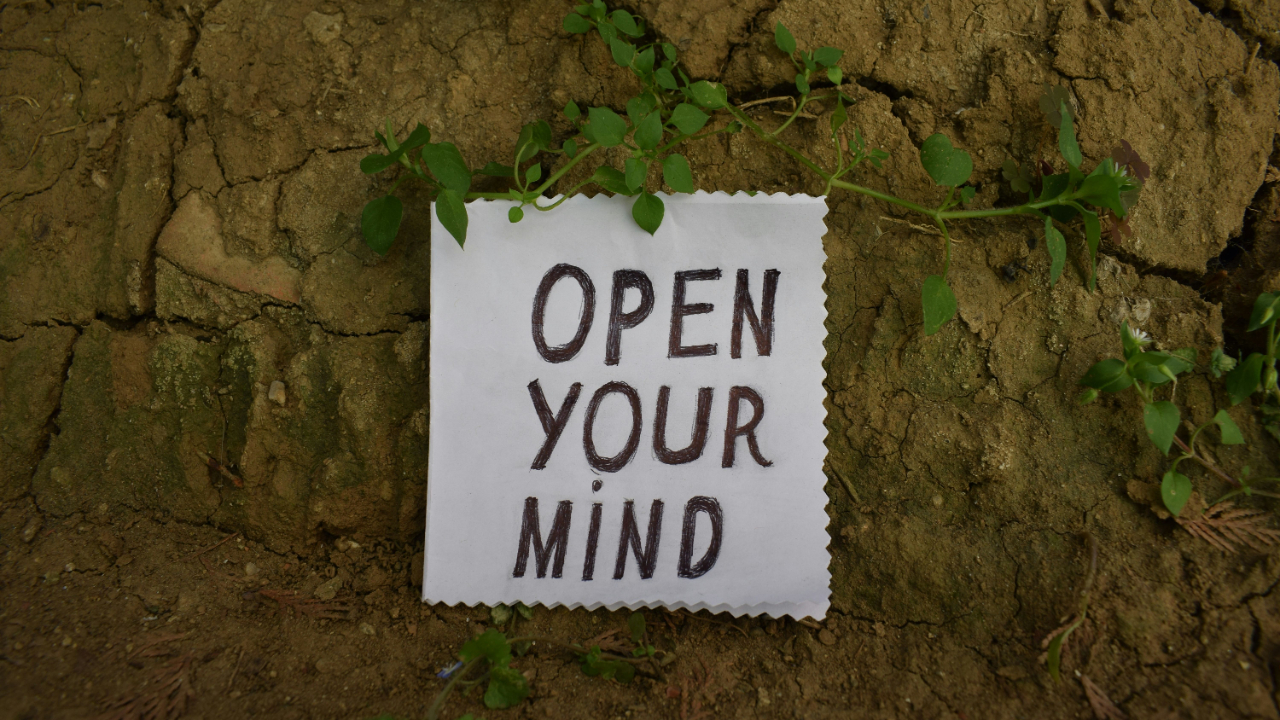Mind-Training Explained: Beyond Meditation
May 28, 2025
In today’s fast-paced world, there’s a growing hunger for tools that help us feel grounded, focused, and emotionally balanced. While mindfulness and meditation are often presented as modern wellness trends, their roots stretch back thousands of years. What’s fascinating—and powerful—is the way ancient wisdom and modern psychology are now converging to create a more holistic and accessible approach to training the mind.
Let’s explore how these traditions work together, and why the term “mind training” may offer a more inclusive and practical way of thinking about personal growth and mental resilience.
Why “Mind-Training” Instead of Meditation?
The word meditation can be a bit loaded. For some, it raises spiritual or religious questions: Is meditation Buddhist? If I’m Muslim or Christian, is it okay to meditate? Others wonder whether meditation and mindfulness are the same thing—or if it’s even for them.
That’s why many prefer the term mind training. It takes the focus away from a specific spiritual framework and emphasizes the universal human capacity to cultivate mental clarity, emotional regulation, and inner calm.
At its core, mind training is about learning to overcome mental impulses and biases, maintain focus, and respond thoughtfully rather than reactively—skills we all benefit from, regardless of our beliefs or background.
Learn more in Sriven Naidu’s Mindfulness for High-Performance short course
Universal Practices Across Cultures
What’s remarkable is how similar many of these mind training techniques are across cultures. Whether it's:
- Himalayan meditation practices
- Greek Stoic philosophy
- The discipline of the Japanese samurai
- Sufi mysticism
These traditions all emphasize qualities like focus, emotional mastery, self-awareness, and compassion.
And there’s a good reason these practices have stood the test of time: they’ve worked. These ancient systems helped communities remain resilient, connected, and emotionally well for generations. While we may not be able to prove their effectiveness through strict clinical trials, their endurance is a kind of large-scale, real-world evidence.
The Role of Modern Science: Positive Psychology
In the last two decades, positive psychology has stepped in to explore these timeless practices through a scientific lens. Researchers have begun to measure which habits and mindsets lead to greater well-being—and the results are striking.
Take the simple practice of keeping a gratitude journal. Each day, you write down three things you're grateful for. It sounds small, but it directly counters our brain’s natural negativity bias—a leftover from evolution that makes us more sensitive to threats than to joy.
By intentionally noticing what’s good, we train the mind to see the glass as half full more often. And on difficult days, a gratitude journal serves as a reminder of the abundance and beauty that still surrounds us.
The Science of a Meaningful Life
Positive psychologists have also identified 24 character strengths that are most closely linked to a happy and meaningful life. Among the top contributors to long-term satisfaction are:
- Gratitude
- Hope
- Curiosity
- Love and relationships
- Zest (the ability to feel alive and joyful)
These strengths are not abstract—they can be cultivated. And just like traditional meditation, they’re forms of mind training. Whether you’re pausing to appreciate a sunrise, staying present in a conversation, or finding something to be hopeful about in tough times, you're practicing.
Bringing It All Together
So what happens when we blend the ancient with the modern? We get a more inclusive, practical, and science-backed path to self-awareness and inner strength.
Ancient wisdom offers timeless insight into human nature. Modern psychology gives us tools to test, validate, and expand on those insights. Together, they form a powerful system for mind training—one that helps us meet life’s challenges with grace, resilience, and presence.
Ultimately, whether you call it mindfulness, meditation, or mind training, the goal is the same: to live a more intentional, balanced, and joyful life.
Learn more in Sriven Naidu’s Mindfulness for High-Performance short course


